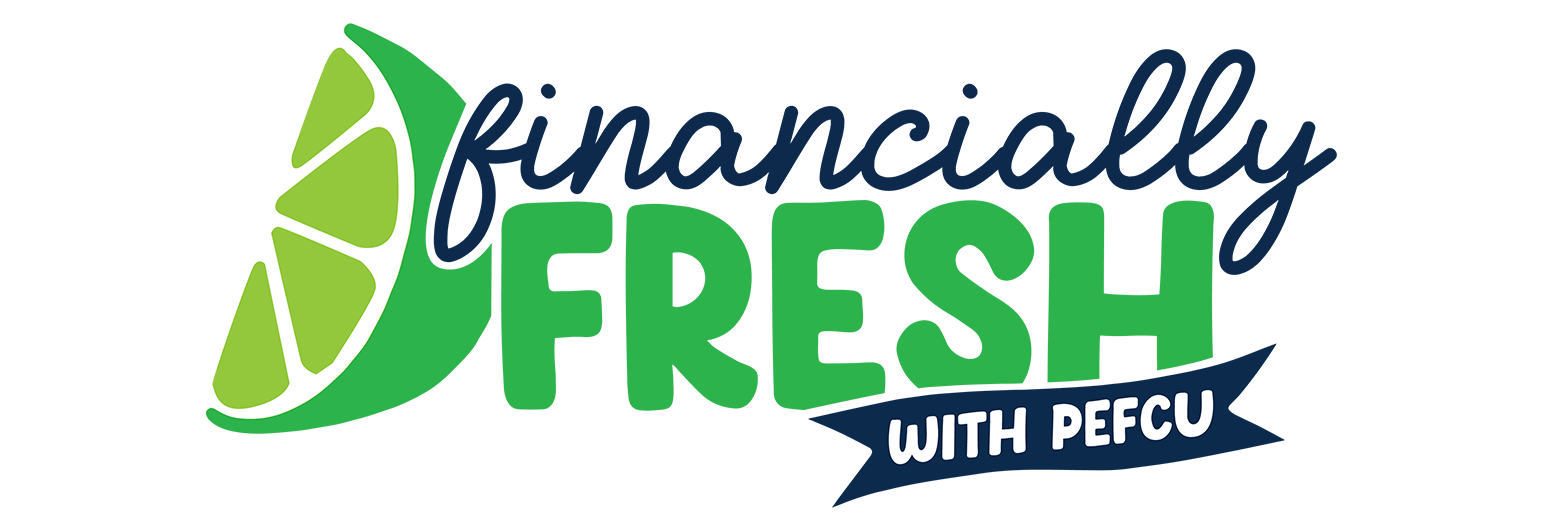August 22, 20228 Tips If You’re Living Paycheck-to-Paycheck
Living paycheck-to-paycheck can be very draining and inadvertently affect everyone in your household. While you may be paying your bills on time and covering all your monthly costs, one unexpected expense can cause the house of cards to come crashing down. Sure, you could try to get a second job or start a side hustle, but in reality, it’s not that easy – especially if you’re raising children.
Breaking free from this financial cycle can often feel impossible. But there are moves you can make to begin building your savings and eliminate the stress of the paycheck-to-paycheck lifestyle. Here are eight tactics to explore to help you get ahold of your finances.
1. Know Where Your Money Goes
Tracking your expenses is a crucial first step in breaking free from this cycle. Without knowing where your money goes, finding ways to build your savings and provide the financial cushion you desire can become extremely challenging.
If you prefer to use cash, it may be difficult to track your expenses accurately. Instead, use your debit card so that all transactions will be listed on your monthly account statement. Then use your statement to create a budget and find areas to cut back on.
2. Prioritize Your Spending
While creating and maintaining a budget is one of the best ways to manage your finances and limit frivolous spending, it’s not for everyone. You can still prioritize your spending if you’re not the budgeting type.
Organize your monthly expenses into two categories: urgent and non-urgent. Urgent expenses include bills you must pay each month, such as loan payments, groceries, gas, and insurance. Always prioritize these expenses first. You should also have your savings in this category. Get in the habit of paying yourself first – putting money aside in your savings account. You can then use any leftover money for non-urgent expenses like new clothes, entertainment, or dining out.
3. Stay Away From Credit Cards
Credit cards are one of the most convenient and beneficial forms of payment. Three common reasons people use credit cards are to pay for items over time, cover unexpected expenses, and help with cash flow until the next payday. While credit cards are great financial tools, the interest charges can set you back further if the balance isn’t repaid that month. Read 4 Ways to Make Your Credit Cards Work for You for more information.
If you want to get ahead with your finances, it’s wise to only use your credit cards in emergencies. Instead, work to structure your monthly expenses around your paycheck cycle and stick to using your debit card.
4. Start Saving
When living paycheck-to-paycheck, building your savings often seems impossible. The trick is to open a separate savings account at the credit union that you cannot easily access. You want to be able to transfer money into this account but not withdraw it unless absolutely necessary.
Then, begin making small deposits into this account, such as $5 a week. Don’t worry about the amount right now. Instead, your goal is to build the habit of transferring money into this account regularly.
Suppose you find that you aren’t disciplined enough to put savings aside manually. In that case, you may want to consider signing up for Payroll Distributions or Automatic Transfers. Both of these options allow you to automate your savings either when your paycheck hits your account or on a specific date each month. Again, start with a small amount and slowly increase it as you feel more comfortable.
5. Plan Your Meals in Advance
If you and your family are constantly on the go, eating out is likely a common occurrence in your household. It can also drain your finances, especially as prices continue to climb.
Instead, work to plan your meals for the week in advance, then buy food in bulk. Spend one day cooking and dividing up the meals into daily portions. You can then keep one or two portions out for that week’s meals and freeze the rest. This strategy will help you reduce the amount of prep time each week as well as curb the temptation to dine out. Check out our blog: 8 Ways to Fight Rising Prices on Groceries.
6. Review All Recurring Bills
Take time to review all your recurring monthly bills and look for areas you may be able to cut back on. Be sure to contact your internet provider, phone carrier, TV subscription services, and insurance companies to ask for help reducing your bill. Most companies will work with their customers to find cheaper options or identify features or services they really don’t need. Quick phone calls to your service providers could free up extra money that will give you more financial wiggle room each month.
7. Refinance Your Current Loans
Loan payments, such as your mortgage, auto loan, or credit cards, tend to make up most of your monthly expenses. However, they also provide the greatest opportunity to save. You could easily save money each month by refinancing your loans to a lower interest rate or by extending your term.
If you have multiple high-interest credit cards, consider a balance transfer. PEFCU’s balance transfer option can combine all your outstanding high-interest balances into one lower-rate credit card that is easier to manage. You don’t have to swipe the card to take advantage of the consolidation power. BestCards.com calls the PEFCU Visa® Credit Card “perfect for carrying balances.” Apply at PEFCU.com (approval based on creditworthiness.)
8. Treat Yourself
Cutting back on your spending will help you break free from the paycheck-to-paycheck cycle. Still, it’s also important to treat yourself occasionally. Like a cheat meal when on a strict diet, treating yourself now and again can help satisfy spending temptations, alleviate stress, and get you focused again on the long-term goal.
We’re Here to Help!
Although breaking free from the paycheck-to-paycheck lifestyle can be challenging, it’s not impossible. With consistent effort, you can begin building your savings and alleviate much of your financial stress. Remember, your goal is progress, not perfection. If you mess up, that’s ok. Learn from your mistakes and keep going forward.
If you’re interested in learning more about budgeting or would like to review products, such as savings accounts, debit cards, or balance transfers, we’re ready to help. Please stop by any of our convenient branch locations or call 1-800-226-6673 to speak with a team member today.
Each individual’s financial situation is unique, and readers are encouraged to contact PEFCU when seeking financial advice on the products and services discussed. This article is for educational purposes only; it does not constitute legal advice. If such advice or a legal opinion is required, please consult with competent local counsel.


